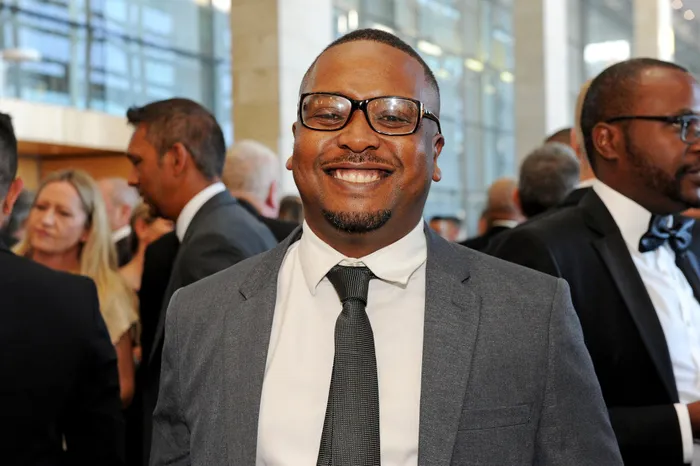The Rise of Instant Karma: Navigating Racism and Accountability in South Africa's Digital Age

Ayanda Mdluli is the editor of the Daily News.
Image: Picture: David Ritchie/ Independent Newspapers
I DO NOT know who needs to hear this, but from where I am sitting, observing what goes on in the world I have reached a conclusion that we have entered a timeline of instant karma.
Gone are the days where people could say or do whatever they wanted with impunity and get away with it.
Issues such as racism, apartheid denialism, and accountability are reshaping our public discourse in the digital age and now, more than ever we need to practice not just extreme caution against misinformation, but oversight as well, especially on unregulated platforms where the basic principles of journalism do not apply.
In the unpredictable world of South African politics and culture, the past few months have underscored the intricate and often troubling relationship between social media and public discourse.
From the growing notoriety of podcasts to the dangerous rhetoric they can propagate, it has become abundantly clear that these platforms are now at the forefront of a societal reckoning, one that is marred by racism, cancel culture, and, arguably most insidiously, the denial of the apartheid past.
The Podcast and Chill crew finds itself embroiled in controversy, facing a R2-million lawsuit after making disparaging comments regarding beloved TV personality Minnie Dlamini.
The ensuing fallout led to the cancellation of their show on DSTV, a mere snapshot of the broader tumult that has gripped the podcasting landscape.
Similarly, the Open Chats Podcast attracted ire from parts of the South African “coloured” community after their comments labelled coloured individuals as “incestuous” and “crazy”.
This prompted Gayton McKenzie, leader of the Patriotic Alliance, to demand accountability and action against such inflammatory statements.
However, McKenzie also faces backlash himself for alleged offensive remarks of his own, highlighting the deep-rooted issues that often taint the conversation around race in South Africa.
The airwaves are further rattled by the recent pronouncements of businessman Rob Hersov, who, in a UK podcast, made inflammatory claims about black people, dismissing them as “barbaric” and suggesting that historical figures like King Shaka and Nelson Mandela were not the hero figures often celebrated in South African history.
Such remarks, claiming Mandela was a “terrorist” and downplaying the complex narrative of apartheid, have raised alarm. Yet, it’s not merely the offensive nature of these comments that is alarming, it is the potential for their wide-reaching impact.
The dark underbelly of apartheid denialism raises urgent questions about the narratives being shared on global platforms.
Denialism itself manifests through a variety of tactics, including minimising the impact of apartheid, romanticising the past, and downplaying the suffering of those affected.
South Africa faces significant risks if the stories of heritage are distorted or neglected. As a nation, the willingness to engage with these narratives critically has never been more essential.
The fabric of our society can unravel if we allow poisonous, outdated and outlandish views to warp the truths of our shared history.
Instead of perpetuating divisive stereotypes and engaging in blanket condemnations, the discourse should target issues that matter such as poverty, violence, and the complex consequences of apartheid that continue to permeate throughout communities of all racial backgrounds.
Also, what I find more alarming is the potential return to ignorance when it comes to the historical realities of apartheid, which leaves younger generations robbed of the whole truth and the real story.
Recollections need to honour the struggles and injustices faced, acknowledging the generational traumas resulting from colonial oppression.
While social media platforms allow for free expression, they must also come equipped with responsibility and a mandate to provide facts, reject denialism, and ensure that uninformed opinions do not masquerade as credible history.
This is why regulation of podcasts and similar media may hold the key to preserving the integrity of the narrative about South Africa’s past, ensuring we do not undo the work done towards reconciliation and social cohesion.
In the backdrop of South Africa’s political landscape, the recent implosion within the podcasting realm offers not just a reflection of current social tensions but also highlights a need for accountability.
While the country still grapples with the legacies of its past, there is now an intrinsic need to foster a dialogue that prioritises truth over sensationalist discourse, healing over divisiveness, and ultimately, understanding over hatred.
DAILY NEWS
Related Topics: